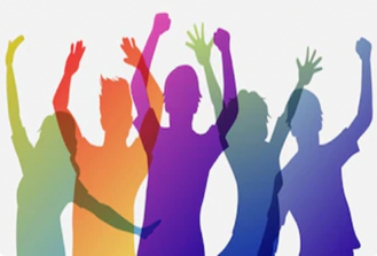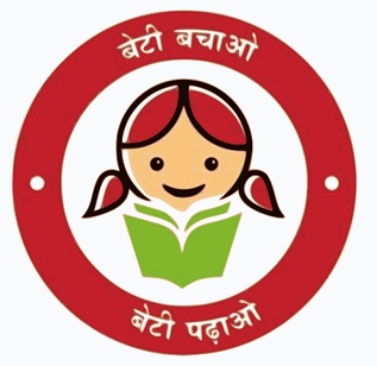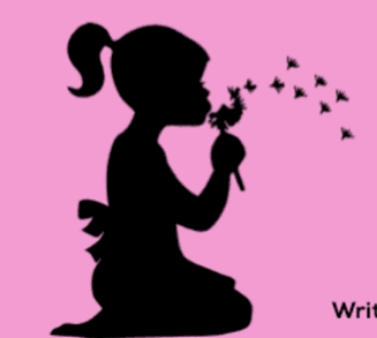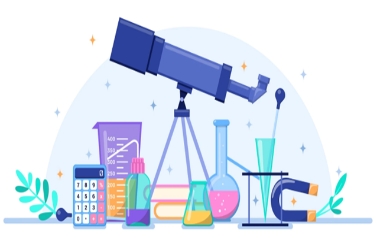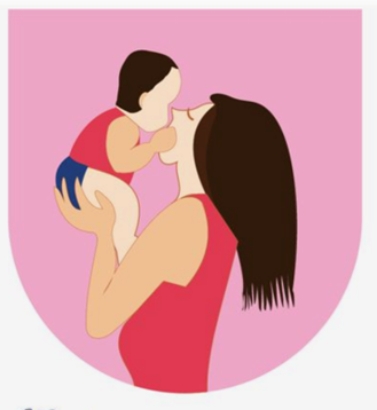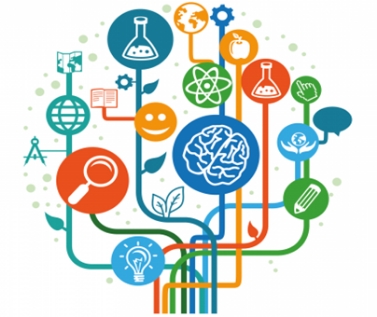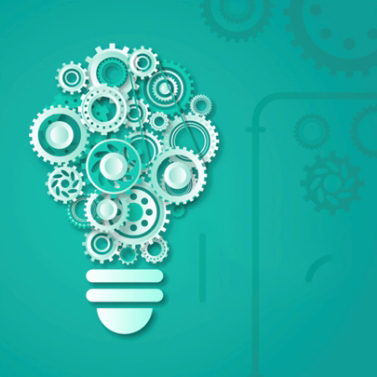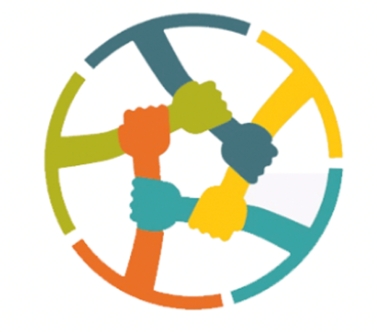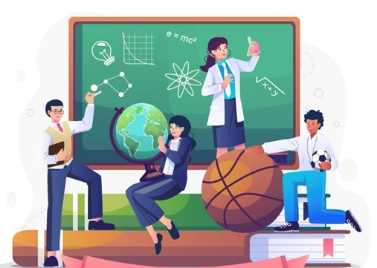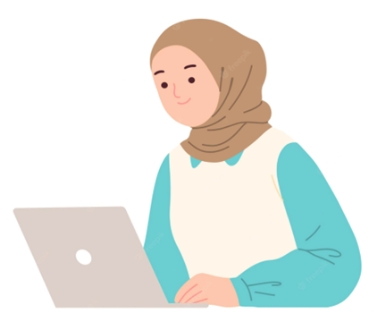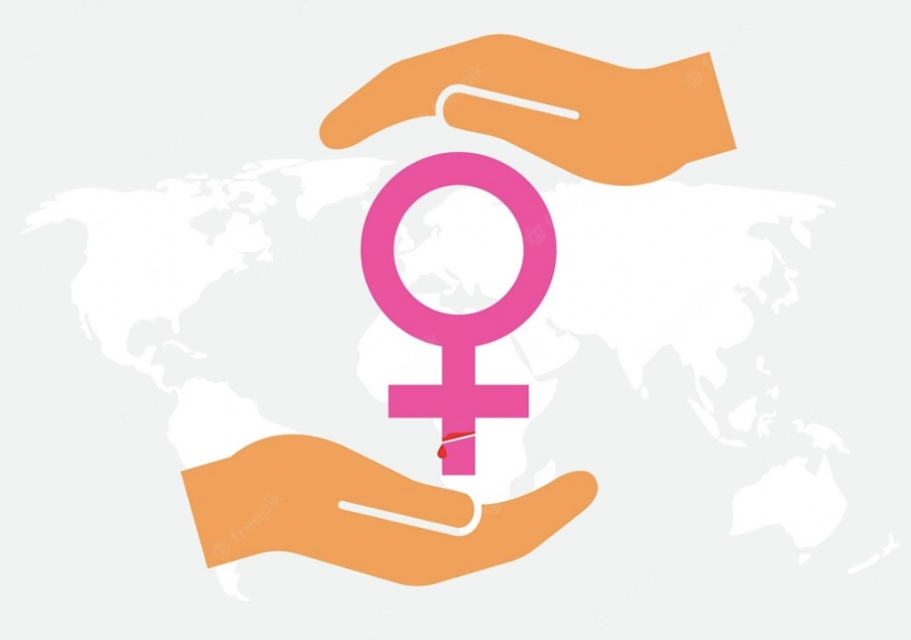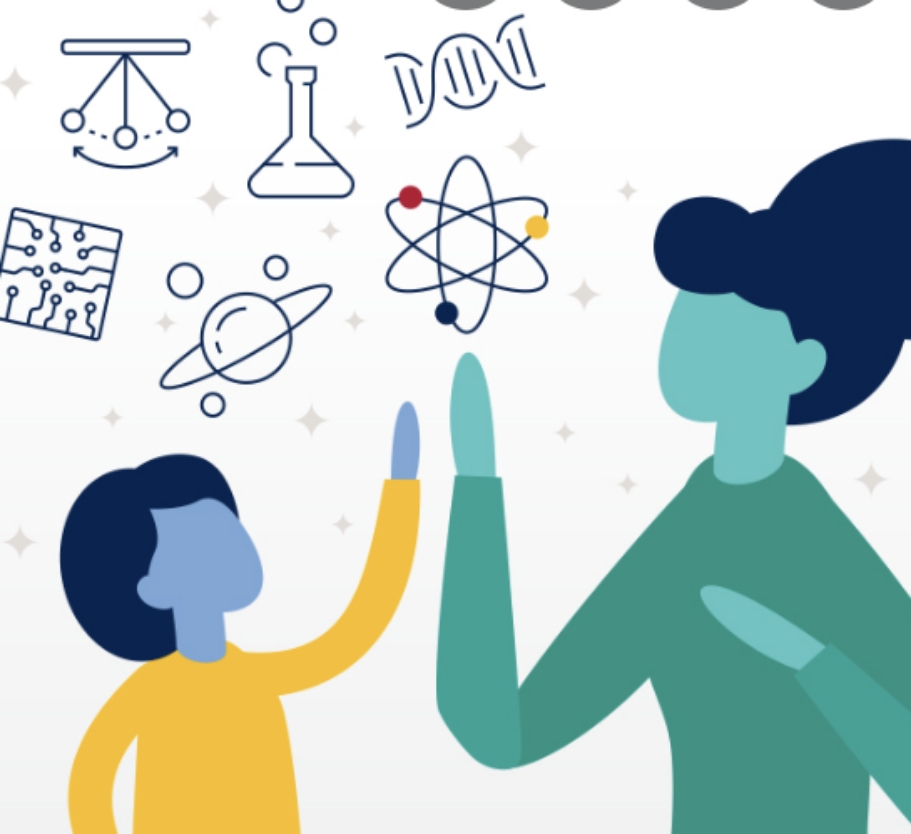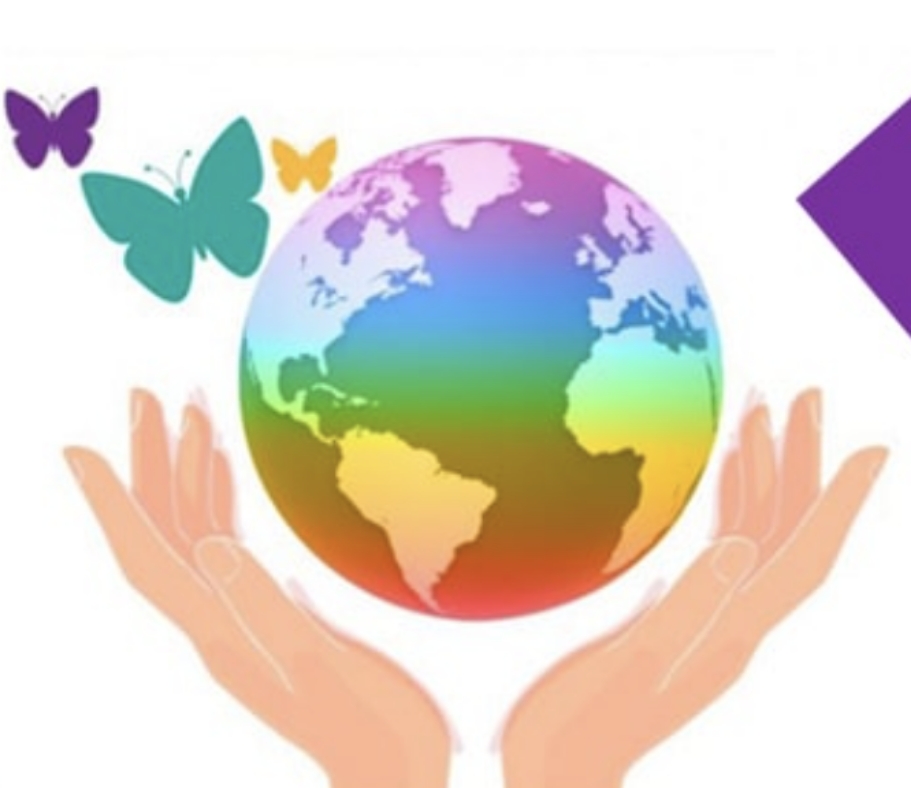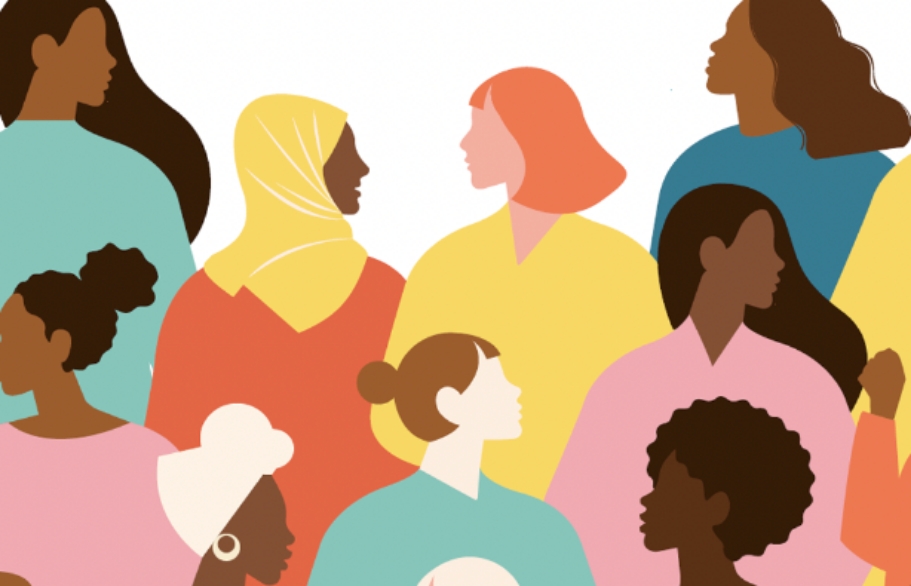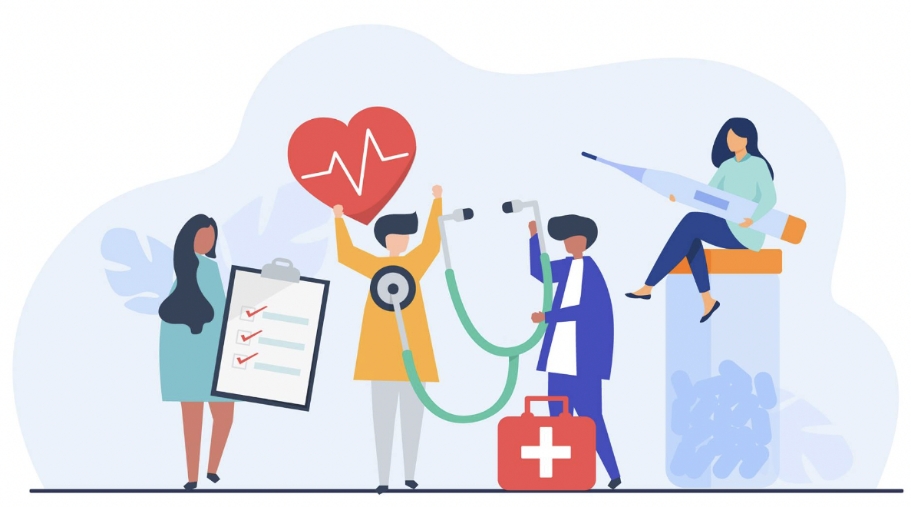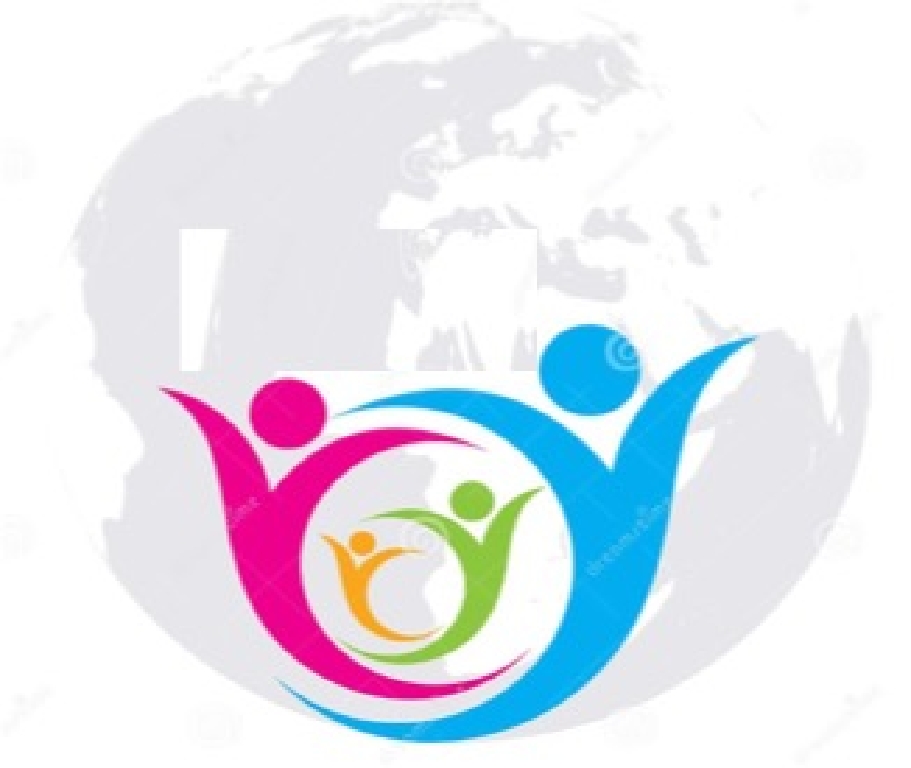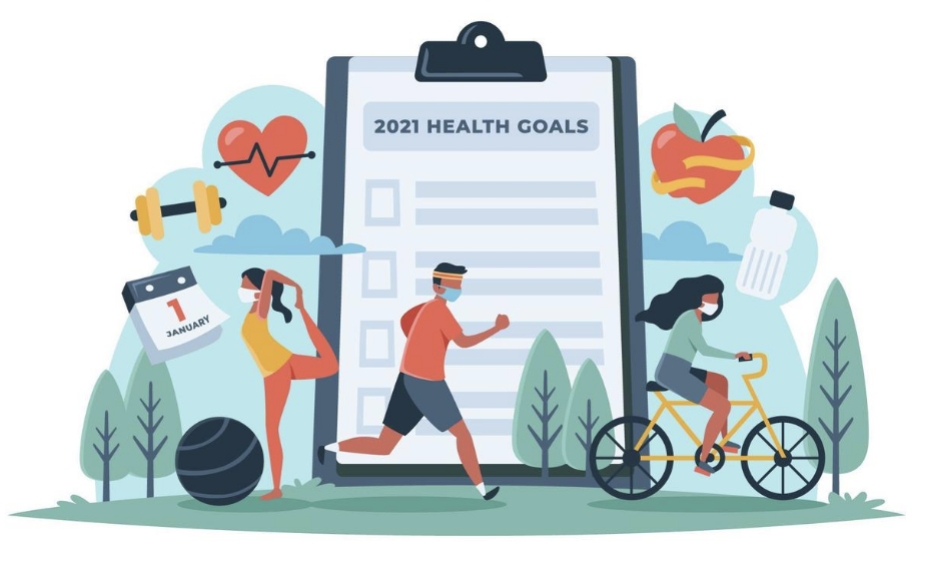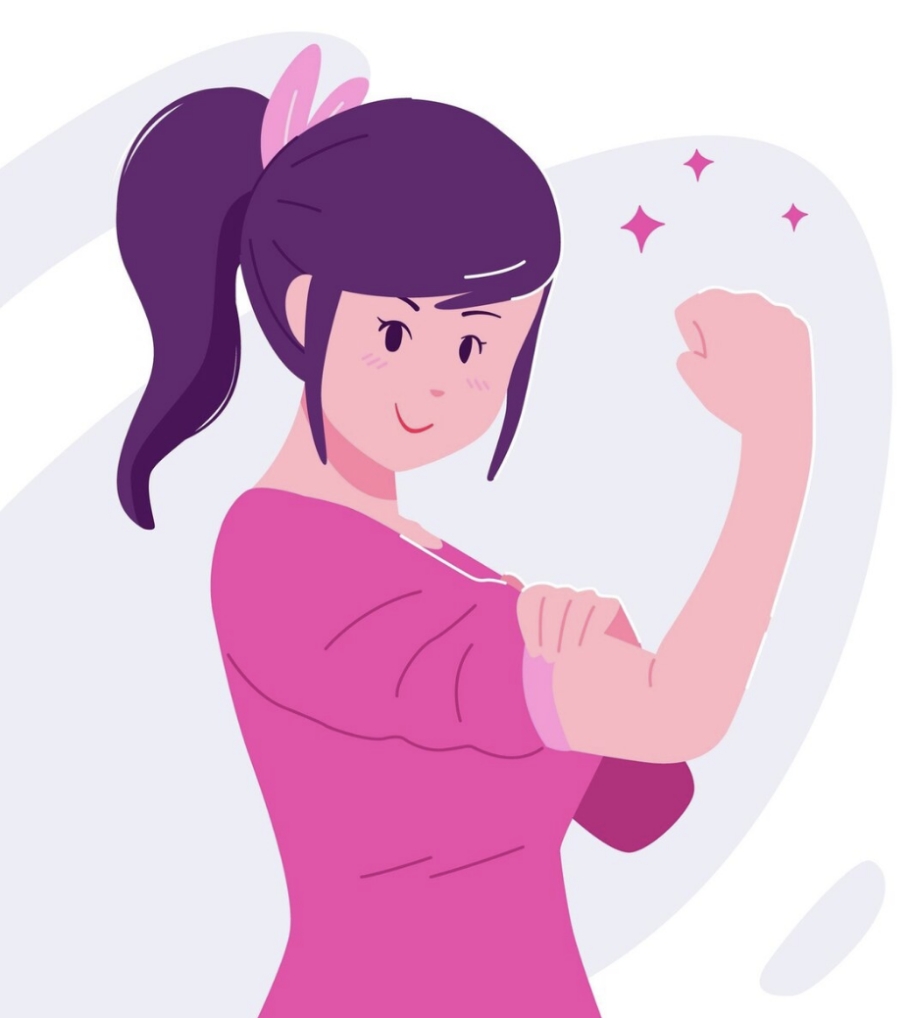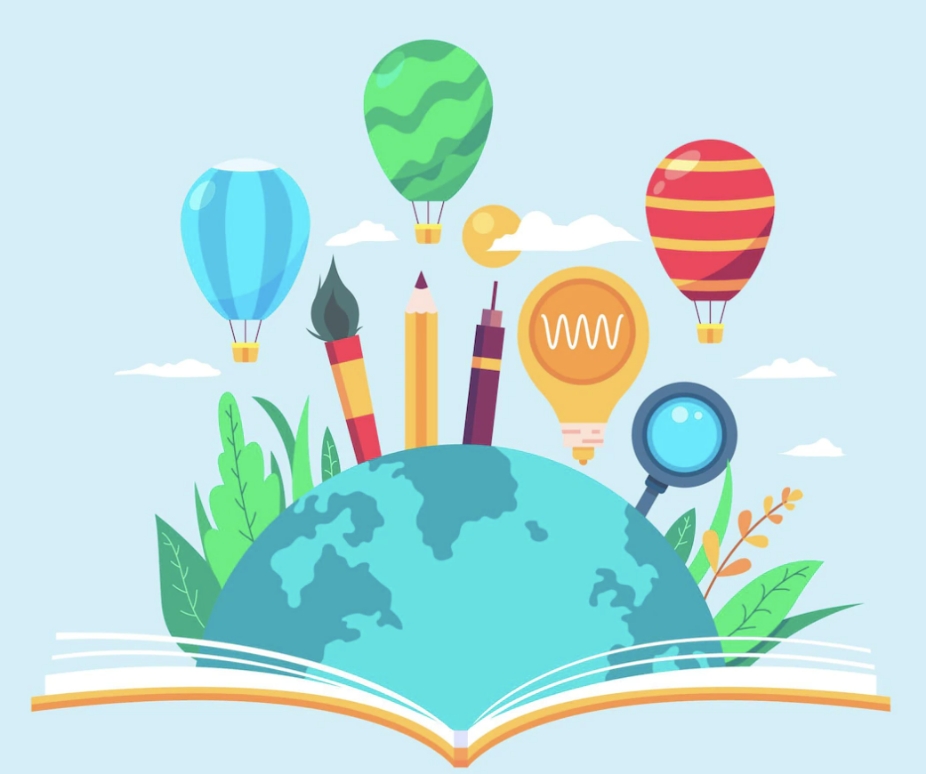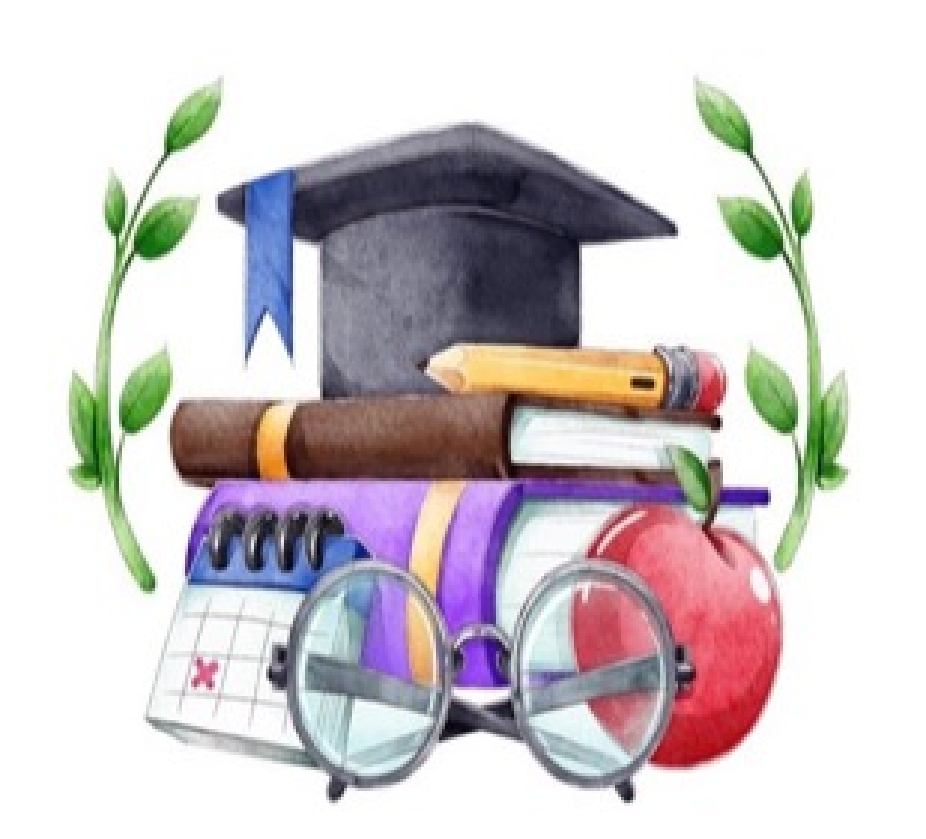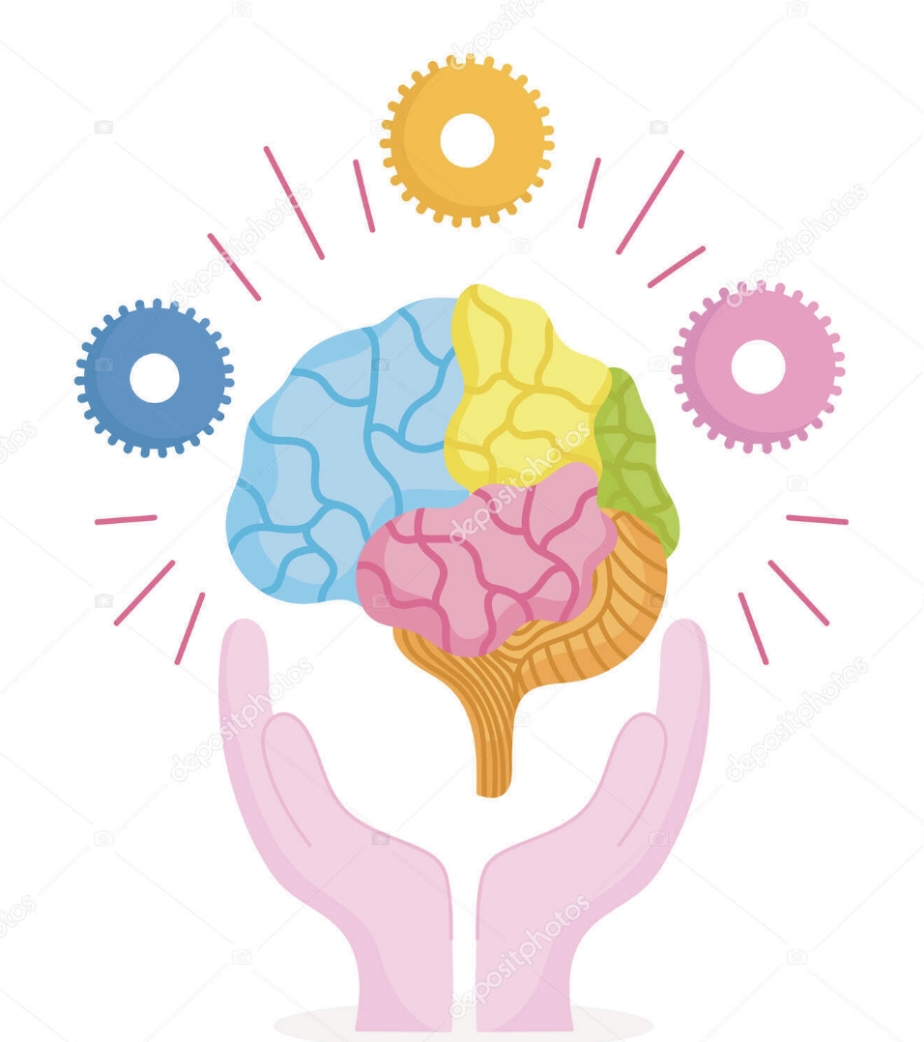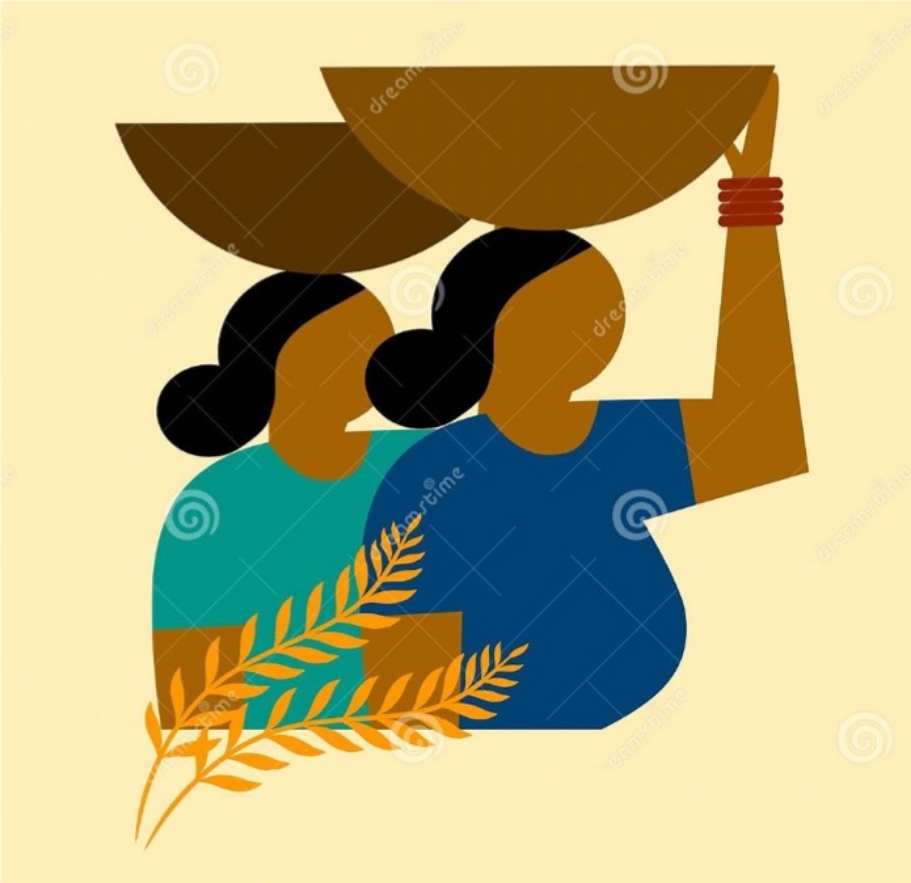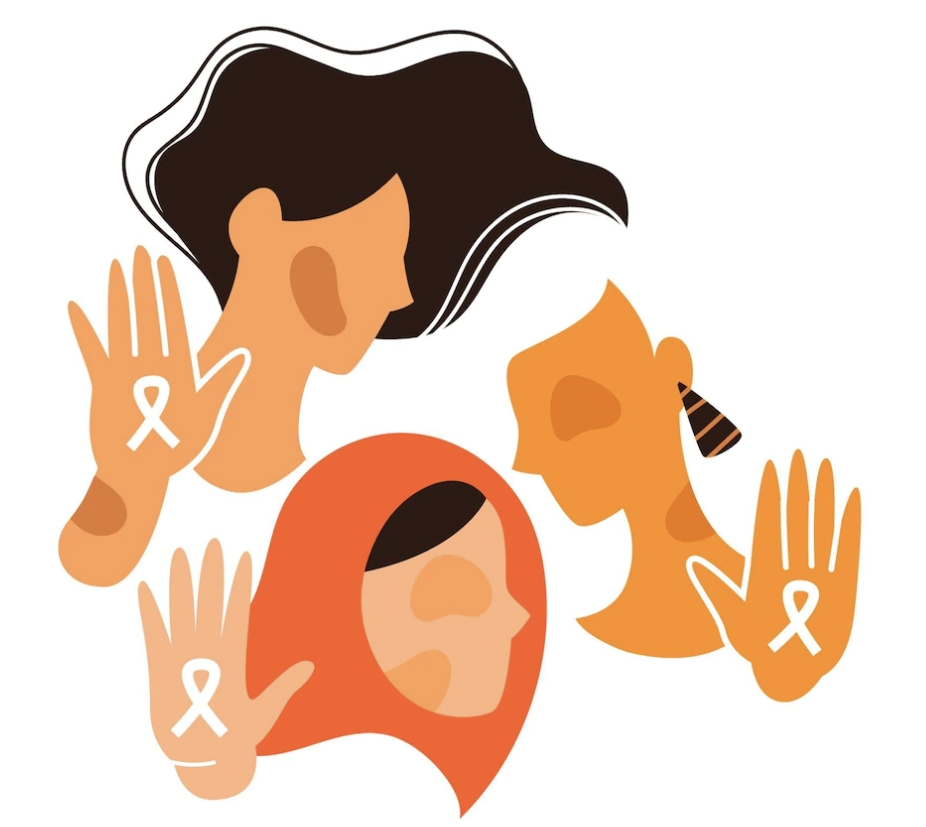International Observance Days
International Observance Days are seen as occasions to educate the public on issues of concern, to
mobilize political will and resources to address global problems and to celebrate and reinforce
achievements of humanity. The existence of international days predates the establishment of the
United Nations but the UN has embraced them as a powerful advocacy tool.
06 February International Day of Zero Tolerance to Female Genital Mutilation (FGM)
International Day of Zero Tolerance to Female Genital Mutilation (FGM)
introduced by
the United Nations General Assembly and partners upholds the human rights of
all
women and girls. Female genital mutilation (FGM) comprises all procedures
that
involve altering or injuring the female genitalia for non-medical reasons
and is
recognized internationally as a violation of the human rights, the health
and the
integrity of girls and women. Recognizing this as an abhorrent human rights
violation that causes profound and permanent harm to women and girls around
the
world, the aims is to put an end to a practice that is flagrant
manifestation of
gender inequality. Coordinated and systematic efforts are needed, and they
must
engage whole communities and focus on human rights, gender equality, sexual
education and attention to the needs of women and girls who suffer from its
consequences.
11 February International Day of Women and Girls in Science
International Day of Women and Girls in Science was introduced in 2015
by the United Nations General Assembly to promote full and equal access to and
participation in science for women and girls, and further achieve gender equality and the
empowerment of women and girls. A significant gender gap has persisted throughout the
years at all levels of science, technology, engineering and mathematics (STEM)
disciplines all over the world. Even though women have made tremendous progress towards
increasing their participation in higher education, they are still
under-represented these fields. The observance recognizes that science and gender equality
are both vital for the achievement of the internationally agreed development goals,
including the 2030 Agenda for Sustainable Development. The global community has to yet
make a lot of effort in inspiring and engaging women and girls in science.
01 March Zero Discrimination Day
Zero Discrimination Day was launched by UNAIDS celebrates the right of
all to live a
full and productive life with dignity. The aim is to increase awareness
about the
issues to promote inclusion, compassion, and peace. n many countries, laws
result in
people being treated differently, excluded from essential services or being
subject
to undue restrictions on how they live their lives, simply because of who
they are,
what they do or who they love. Such laws are discriminatory—they deny human
rights
and fundamental freedoms. The observance highlights the need to take action
against
discriminatory laws and also enact laws that protect people from
discrimination.
While the governments have to be held accountable, everyone has a
responsibility in
this endeavour. The day calls upon all stakeholders to contribute and
advocates a
movement for change and global solidarity to end all forms of
discrimination.
08 March International Women’s Day
International Women’s Day first emerged from the activities of labour
movements at
the turn of the twentieth century in North America and across Europe. It was
officially recognized by the United Nations in 1977 and is celebrated in
many
countries around the world. It recognizes women for their achievements
across the
globe, in developed and developing countries without regard to national,
ethnic,
linguistic, cultural, economic or political differences. The commemoration
strengthens the growing international women’s movements and commitment of
nations to
overcome gender barriers. It advocates support for gender equality; and
actions
promoting women’s participation in the political and economic arenas. This
includes
enhancing opportunities for education and participation in the workforce,
especially
in science and technology domains.
28 April World Day for Safety and Health at Work
World Day for Safety and Health at Work has been observed since 2003
as a part of
International Labour Organization’s (ILO) strategy on occupational safety
and
health. It advocates the prevention of occupational accidents and diseases
at work
globally. It also raises awareness about the need to raise the political
profile of
occupational safety and health; and creating a culture of practices that can
help
reduce work-related deaths and injuries. Governments are urged to develop
national
policies, laws, services and systems enforce compliance with occupational
safety;
and ensure health. Employers are sensitized to be responsible for ensuring
that the
working environment is safe and healthy. Workers are also sensitized to be
responsible for working safely, protecting themselves, and not endangering
others;
and further, knowing their rights and participation in the implementation of
preventive measures.
01 June Global Parents Day
Global Parents Day was proclaimed through a resolution adopted by the
United Nations
General Assembly on 17 September 2012. The annual observance recognizes the
role of
parents in rearing children. It aims at honouring parents throughout the
world; in
full partnership with civil society, particularly involving young people and
children. All cultures, societies and religions recognize (by custom or by
decree)
the critical role parents play as primary caregivers for upbringing and
development
of their children; the valuable guidance and support they provide children
as
teachers and mentors. The celebration gives an opportunity to; highlight the
human
rights instruments in the best interest of the child; recognize and honour
the role
of families and responsible parenting in building a better world.
19 June International Day for the Elimination of Sexual Violence in Conflict
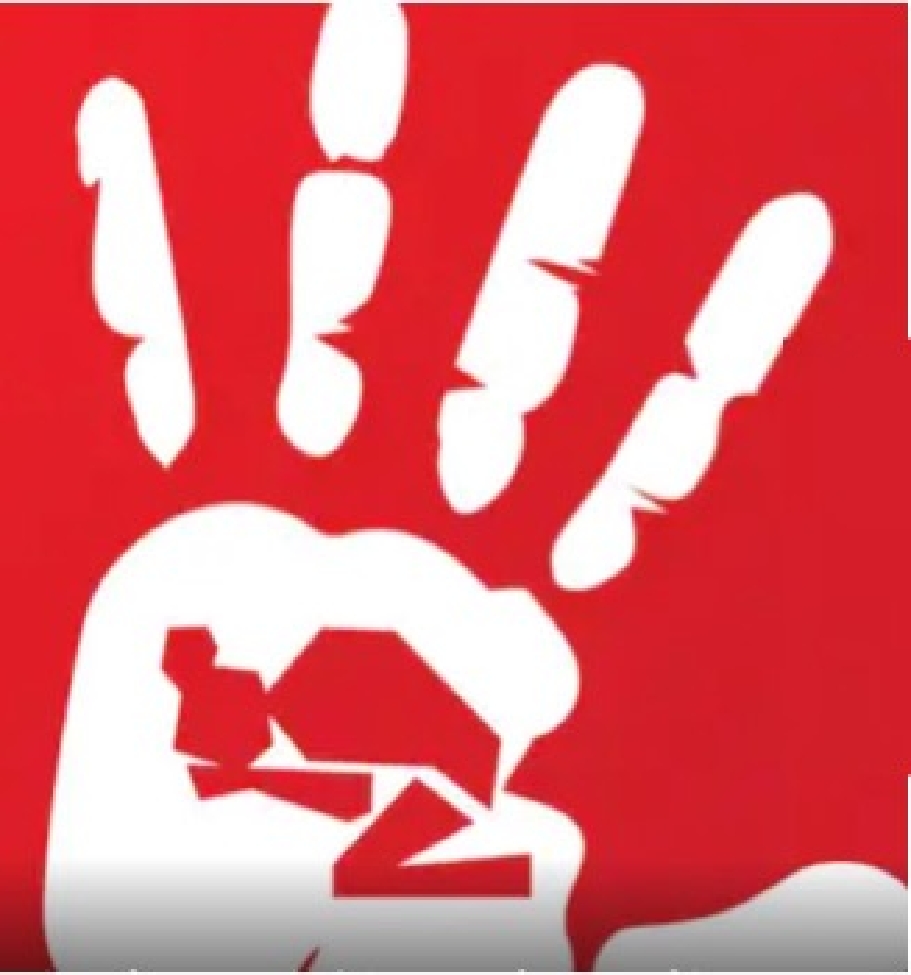
International Day for the Elimination of Sexual Violence in Conflict was proclaimed
in 2015 by the United Nations General Assembly. It aims to raise awareness
of the
need to put an end to conflict-related sexual violence, to honour the
victims and
survivors of sexual violence around the world and to pay tribute to all
those who
have courageously devoted their lives to and lost their lives in standing up
for the
eradication of these crimes. The date commemorates the adoption in 2008 of a
resolution by the Security Council condemning sexual violence as a tactic of
war and
an impediment to peacebuilding.
In response to the rise in violent extremism, the Security Council adopted
another
resolution in 2016 to address the nexus between trafficking, sexual
violence,
terrorism and transnational organized crime. Acknowledging sexual violence
as a
tactic of terrorism, it further affirmed that victims of trafficking and
sexual
violence committed by terrorist groups should be eligible for official
redress as
victims of terrorism.
23 June International Widows’ Day
International Widows’ Day aims to motivate support for the unique
needs of widows. In
addition to the trauma after the loss of a spouse, they often face social
stigma,
discrimination, exclusion, harmful traditional practices, and economic
insecurity
due to their marital status. There is need for societies to recognize the
human
rights of widows and take appropriate actions to empower them to support
themselves
and their families. This involves enhancing awareness, providing them with
information on national laws, access to a fair share of their inheritance,
land and
productive resources; pensions and social protection; decent work and equal
pay;
education and training opportunities.
24 July International Self-Care Day
International Self-Care Day was initiated in 2011, led by the Global
Self-care
Federation to build awareness about importance of selfcare in healthcare and
encourage its practice, 24 hours a day, 7 days a week (24/7). There is a
felt need
to explain its importance to all stakeholders, be it general public,
healthcare
professionals, health officials and media. Effective selfcare can bring
benefits to
both, the individual and the healthcare systems by reducing unnecessary
visits to
health professionals. Selfcare promotes wellness and is a vital foundation
of
health. It reduces spread of non-communicable diseases. The observance
inspires
engagement and activities promoting self-care for benefit of society at
large.
12 August International Youth Day
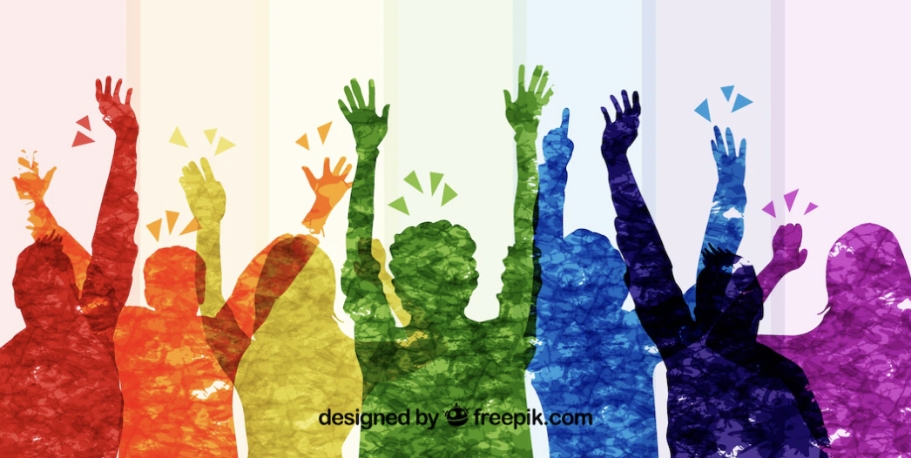
International Youth Day was proposed in 1991 at the first session of
the United
Nations World Youth Forum and endorsed by the General Assembly as part of
its
resolution on policies and programmes involving youth in 1999. It celebrates
the
potential of youth as partners in today’s global society and aims to bring
youth
issues to the attention of the international community.
There have been several UN resolutions and initiatives that recognize the
need for
an international policy on youth; and for promoting the ideals of peace,
mutual
respect and understanding between peoples. Year 1985 was designated
as International
Youth Year: Participation, Development, Peace. Specific measures have
focused on
need to address the needs of subgroups such as young people with
disabilities, rural
and urban youth and young women. World Programme of Action for Youth adopted
by the
General Assembly in 1996. In 2009, the UN General Assembly proclaimed the
year
commencing 12 August 2010 as the International Year of Youth. Security
Council
resolution in 2015 on Youth, Peace and Security represents an unprecedented
acknowledgement of the urgent need to engage young peacebuilders in
promoting peace
and countering extremism, and clearly positions youth as important partners
in the
global efforts.
26 August Women's Equality Day
Women's Equality Day commemorates the day when women in US were given
the right to
vote. It recognizes the struggle for women's suffrage
It commemorates the adoption of 1920 XIX Amendment to its constitution,
prohibiting
the states and the federal government form denying the right to vote to
citizens of
the US on the basis of sex. It was first celebrated in 1971, designated by
Congress
in 1973, and is proclaimed each year by the United States President.
The long struggle for women's suffrage preceding the amendment is viewed as
the
first step towards full and equal participation of women in the Nation's
life. In
recent years, significant strides have addressed sex discrimination through
laws and
paved new avenues for equal economic opportunity for women.
08 September International Literacy Day
International Literacy Day is being celebrated since 1967 around the
world. It
emanates from a resolution adopted at a UNESCO General Conference held in
Paris in
1966. The aim is to highlight the importance of literacy as a matter of
dignity and
human rights, and to advance the literacy agenda towards a more literate and
sustainable society. Despite progress made, literacy challenges persist with
at
least 773 million young people and adults lacking basic literacy skills
today. The
observance invites all actors around the world, in the field of education
and
beyond, to mobilize for the literacy of young people, adults and women, so
that they
too can have the right to dream and be free.
05 October World Teachers’ Day
World Teachers’ Day celebrates teachers around the globe since 1994
co-convened in
partnership between co-convened in partnership with the International Labour
Organization (ILO), UNICEF and Education International (EI). It commemorates
the
anniversary of 1966 ILO/UNESCO recommendations concerning the status of
teachers
which sets benchmarks regarding the rights and responsibilities of teachers,
and
standards for their initial preparation and further education, recruitment,
employment, and teaching and learning conditions. These recommendations were
furthered by those concerning the Status of Higher Education Teaching
Personnel in
1997. At the current time, teachers are seen at the heart of educational
recovery
and there is a call on countries to “ invest in them and prioritize them in
global
education recovery efforts so that every learner has access to a qualified
and
supported teacher.”
10 October World Mental Health Day
World Mental Health Day was introduced by the United Nations in . The
aim of the
observance is to raise awareness about mental health and carry out
activities along
with UN system-wide partner organizations and UN taskforces. The call of
action is
to protect populations at risk of poor mental health and unequal access to
mental
healthcare. The theme for 2022 is “Mental Health in an Unequal World’.
11 October International Day of the Girl Child

International Day of the Girl Child was proclaimed through a
resolution adopted by
the United Nations General Assembly adopted in 2011. It recognizes girls’
rights and
the unique challenges girls face around the world and aims to promote girls’
empowerment and the fulfilment of their human rights. It focuses attention
that
right to safe, educated and healthy life is critical in formative years for
adolescent girls and as they mature into women. Effective support in early
years
enables girls to mature into women who will have potential to change the
world as
workers, mothers, household heads, entrepreneurs, mentors, political
leaders.
Upholding the rights of adolescent girls is an important first step them for
realizing their potential for participation as equal partners in solving the
problems of climate change, political conflict, economic growth, disease
prevention,
and global sustainability. The focus is on empowering girls to break
boundaries and
barriers posed by stereotypes and exclusion, including those directed at
children
with disabilities and those living in marginalized communities.
15 October International Day of Rural Women
International Day of Rural Women was established by the UN General
Assembly in 2008
to recognize the critical role and contribution of rural women, including
indigenous
women, in enhancing agricultural and rural development, improving food
security and
eradicating rural poverty. It aims to focus the attention of governments and
civil
societies on the need for socio-economic and political empowerment of rural
and
indigenous women. There is need for designing laws to ensure that they are
accorded
full and equal rights to own land and other property; and enable full and
equal
participation in decision-making at all levels, This entails formulating
policies
and developing specific assistance and training programs for them to promote
education, financial literacy, entrepreneurial, economic and business
skills; access
to microcredit, and other financial and business services.
25 November International Day for the Elimination of Violence against Women
International Day for the Elimination of Violence against Women has
been observed by
Women's rights activists since 1981. It honours Mirabal sisters, three
political
activists from the Dominican Republic who were brutally murdered in 1960 by
order of
the country’s ruler. The day was officially designated by UN in 2000 paving
the path
towards eradicating violence against women and girls worldwide. The aim is
to raise
public awareness; and enhance both policymaking and resources dedicated to
ending
violence against women and girls worldwide.
Much effort is needed yet on the global scale. Only two out of three
countries have
outlawed domestic violence; 37 countries worldwide still exempt rape
perpetrators
from prosecution if they are married to or eventually marry the victim; and
49
countries currently have no laws protecting women from domestic violence.
